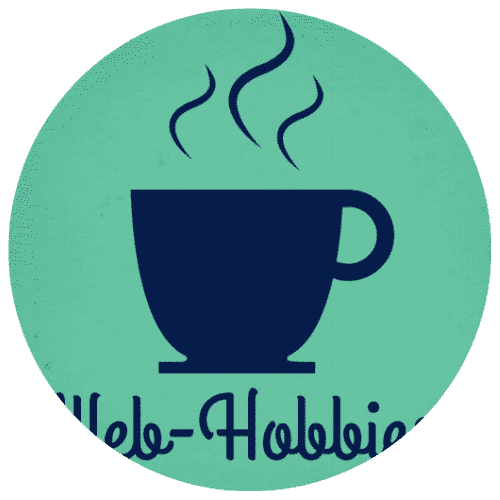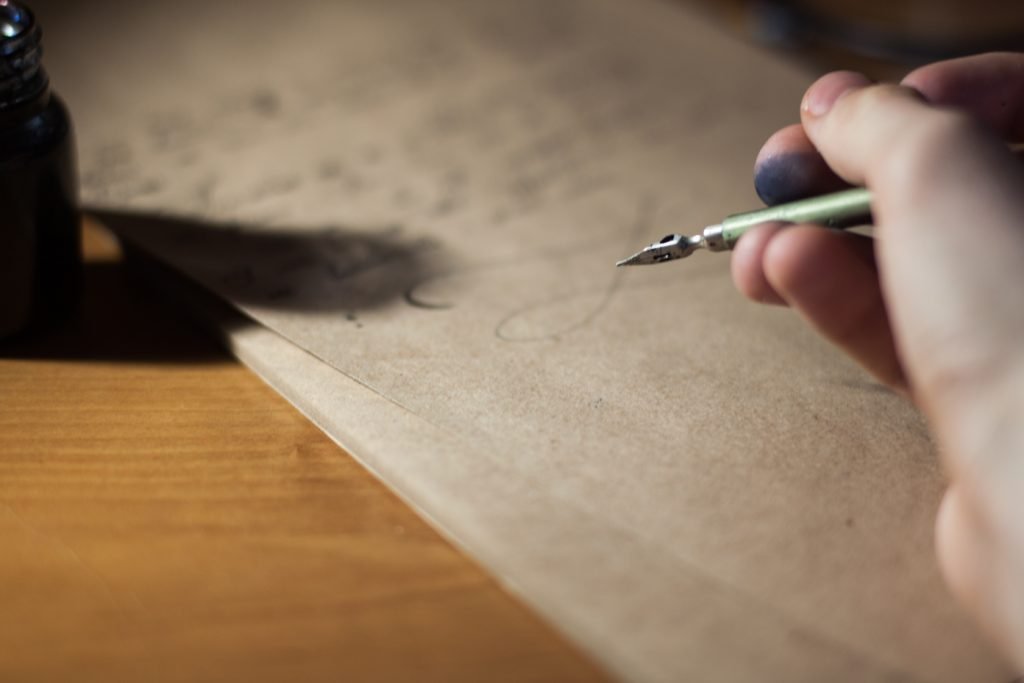
As someone who loves exploring new hobbies, I have compiled this 10 niche hobbies list that I think are worth trying out.
From creative writing to urban gardening, these hobbies are unique and can help you discover new passions.
In this article, I will provide a brief overview of each hobby, along with some tips and tools to get started.
But what are niche hobbies?
So, niche hobbies are basically activities that not many people do, but some people are really into.
These hobbies are pursued by a smaller group of people who share a specific interest or passion.
They can also be really cool because you get to meet others who are into the same thing, and explore unique parts of the world that you might not have known about otherwise.
One downside, though, is that it can sometimes be hard to find others who share your interest, especially if you live in a small town or something. Plus, some niche hobbies can be pretty expensive or time-consuming, which might not work for everyone.
Overall, though, I think niche hobbies are a really neat way to enrich your life and explore your passions.
So, whether you’re into collecting stamps, or playing obscure board games, or whatever, there’s probably a niche hobby out there that’s perfect for you!
Top 10 niche hobbies list
If you’re looking for a hobby that’s a little off the beaten path, you’ve come to the right place. Our top niche hobbies list has something for everyone!
Moreover, these hobbies may not be as well-known as things like reading or hiking, but they can be just as rewarding and fulfilling for those who enjoy them.
So sit back, read this list, and choose your pick!
1. Creative Writing – For An Imaginative Touch

Personally, I find that creative writing is a great way to express myself and explore my imagination.
Whether you want to write a novel, a short story, or poetry, there are many resources available to help you get started.
Basically, the goal of creative writing is to evoke emotion in a reader by communicating a theme. This can go for books, articles, blogs, and even online posts.
How to get started with creative writing
Some tips for getting started with creative writing include:
- Start with a prompt or idea.
- Write every day.
- Join a writing group or workshop.
- Read widely in your genre.
Some needed tools
In this day and age, the internet is filled with resources and tools that can help you become the best writer ever. Here’s a couple of tools worth checking out:
- Grammarly: Everyone knows this one. Grammarly is a writing assistant that helps you improve your grammar and style.
- Scrivener: This is a writing software that helps you organize your writing and research.
- Hemingway Editor: This is a tool that helps you simplify your writing and make it more readable.
2. Urban Gardening – For A Relaxing Time
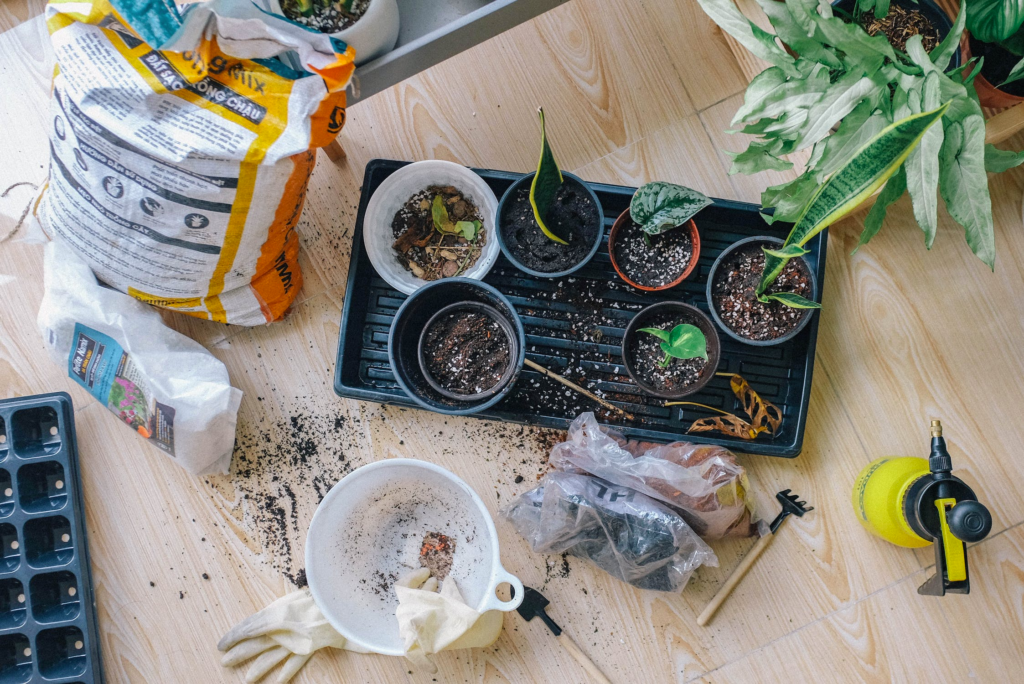
Urban gardening is a great way to grow your own food and connect with nature, even if you live in a city.
Whether you have a balcony, a rooftop, or a small backyard, there are many ways to start a garden.
Moreover, urban gardening has many benefits, including providing fresh produce, reducing food transportation costs, and improving air quality. Pretty cool, right?
How to get started with Urban gardening
To start an urban garden, you need to do some planning and prep work. Here’s what to do:
- Start small with a few plants.
- Choose plants that are easy to grow.
- Use containers or raised beds if you have limited space.
- Also, learn about companion planting to maximize your yield.
Some needed tools
With the right tools, you can easily create a productive and beautiful urban garden. These tools include:
- Garden Planner: A tool that helps you plan your garden and choose the right plants for your space.
- Smart Pots: Fabric containers that are lightweight and easy to move, perfect for small spaces.
- LED Grow Lights: A way to grow plants indoors, even if you don’t have access to natural light.
3. Geocaching – A Recreational Activity
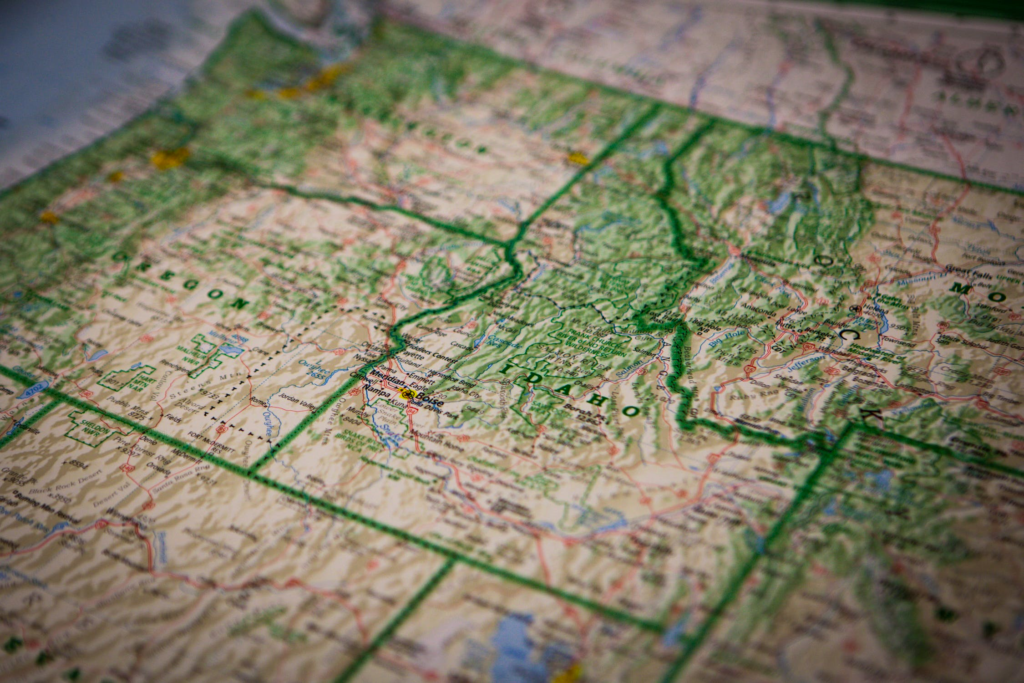
Geocaching is a treasure hunt that uses GPS coordinates to find hidden containers or caches.
A typical cache is a waterproof container containing a logbook where the geocacher can sign their name and often contains small trinkets or objects for trading. Pretty interesting!
You can also use this hobby as a way to explore new places and get some exercise.
How to get started with Geocaching
If you are interested in this hobby and need some guidance. Here’s what you can do to get started:
- Download a geocaching app to your phone.
- Start with easy caches and work your way up.
- Bring a pen to sign the logbook in each cache.
- Also, be respectful of the environment and other geocachers.
Some needed tools
What makes this niche hobby stand out is that it needs an app to be feasible. Here’s what you need:
- Geocaching app: There are many apps available for both iOS and Android that help you find caches near you.
- GPS device: If you don’t want to use your phone, you can use a dedicated GPS device to find caches.
- Swag: Some caches contain small toys or trinkets that you can trade for something of equal or lesser value.
4. Calligraphy – For Mesmerizing Writing

Calligraphy is the art of beautiful writing, and it’s a great way to add a personal touch to cards, invitations, and other projects.
Essentially, it’s an ancient art form that has been practiced for centuries, and it continues to be popular today.
Moreover, calligraphy can be a very rewarding hobby, as it allows practitioners to express themselves creatively while also developing patience, precision, and attention to detail
How to get started with Calligraphy
Calligraphy can be an easy hobby if done right. Here are some tips to get you started with calligraphy:
- Choose the right tools, such as a dip pen and ink.
- Practice basic strokes and letterforms.
- Experiment with different styles and scripts.
- Also, take a class or workshop to learn from an expert.
Some needed tools
To do it right, you need a couple of tools, like:
- Dip pen and ink: A traditional tool for calligraphy that allows for a lot of variation in line width and style.
- Brush pens: A modern tool that is easy to use and comes in a variety of colors and styles.
- Rhodia paper: A high-quality paper that is smooth and easy to write on.
5. Lock Picking – A Unique & Weird hobby

Lock picking is a hobby that involves opening locks without the key. It’s a great way to learn about how locks work and improve your problem-solving skills.
Moreover, tt’s a skill that has been practiced by locksmiths, security professionals, and law enforcement for many years, and it has also gained popularity as a hobby among enthusiasts.
It’s vital to note that lock picking is a legal hobby in many countries, but it is important to note that it is illegal to pick locks that do not belong to you without the owner’s permission.
How to get started with Lockpicking
Some tips for getting started with lock picking include:
- Start with simple locks and work your way up.
- Learn about the different types of locks and how they work.
- Practice with a lock picking set and tension wrench.
- And join a lock picking group or forum to learn from others.
Some needed tools
To start practicing lock picking, you need:
- Lock picking set: A set of tools that includes picks and tension wrenches for opening locks.
- Practice locks: A lock that is designed for practice, with clear plastic so you can see how the pins move.
- Sparrows Cutaway Lock: A lock that is cut away to show the inner workings, perfect for learning how locks work.
6. Woodworking – For Special Projects
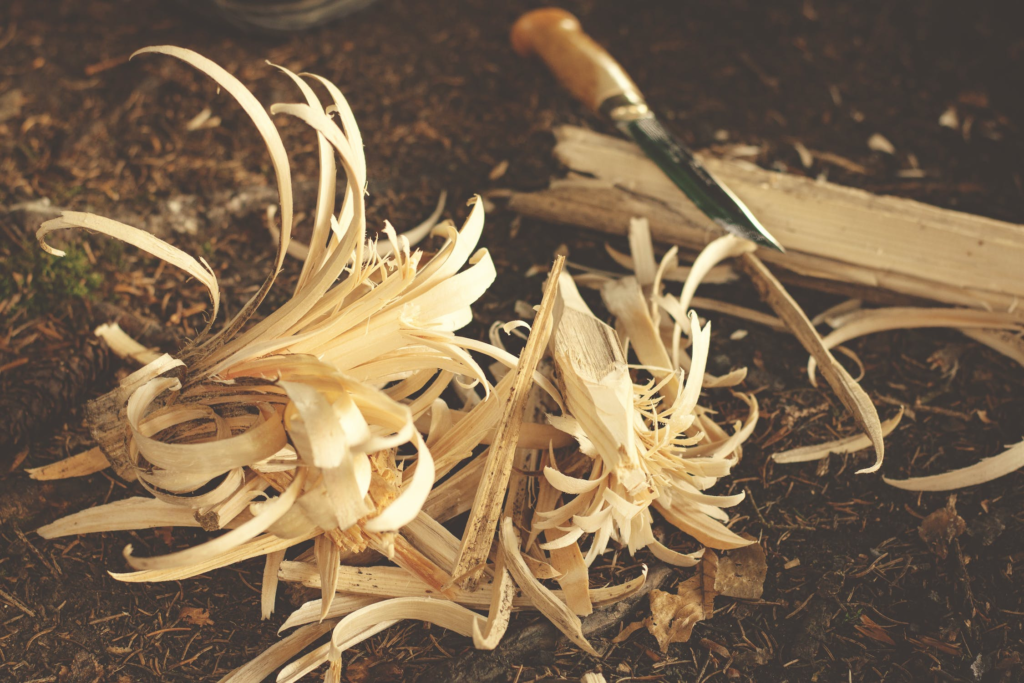
Woodworking is a hobby that involves making things out of wood, such as furniture, toys, and decorations.
It also allows you to learn new skills and create something that you can be proud of.
In addition to being a rewarding hobby, woodworking can also be a practical one. Woodworkers can create objects that are both functional and aesthetically pleasing, and they can also save money by building their own furniture and home decor items.
How to get started with Woodworking
If you’re interested in getting started with woodworking, here are some steps you can take:
- Start with simple projects and work your way up.
- Learn about different types of wood and their properties.
- Invest in quality tools and safety equipment.
- Also, you can take a class or workshop to learn from an expert.
Some needed tools
Woodworking can be a fun and rewarding hobby, but it also requires tools, like:
- Circular saw: A versatile tool that can make straight cuts in wood.
- Jigsaw: A tool that can make curved cuts in wood.
- Chisels: A tool that can be used for carving and shaping wood.
7. Beekeeping – For Bee Lovers
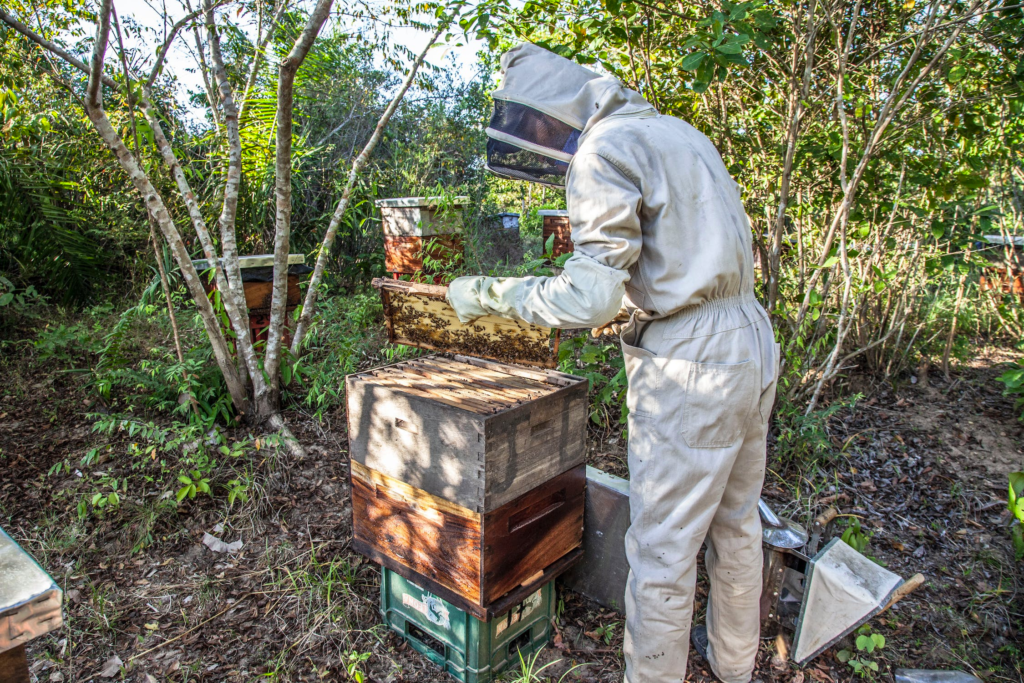
Beekeeping is a hobby that involves keeping bees and harvesting honey. It will teach you a lot about the importance of bees and their role in the ecosystem.
It can also help support the health and well-being of honeybees, which are important pollinator species for many crops and plants.
Moreover, beekeeping can also provide a source of fresh honey, wax, and other bee products.
How to get started with Beekeeping
To get started with beekeeping, there are several steps you can take:
- Learn about the different types of bees and their behavior.
- Invest in quality equipment, such as a hive and protective gear.
- Join a local beekeeping club or association.
- Start with a small number of bees and work your way up.
Some needed tools
For beekeeping, some of the most commonly used tools include:
- Beehive: A structure that houses the bees and their honeycomb.
- Protective gear: A suit and veil that protects you from bee stings.
- Smoker: A tool that produces smoke to calm the bees and make them easier to work with.
8. Soap Making

Soap making is a hobby that involves making your own soap from scratch.
It can be a fun and rewarding hobby for those interested in creating their own bath and body products, as well as those interested in natural and sustainable living.
With patience and dedication, you can create beautiful and functional soaps that are gentle on the skin and free of harsh chemicals.
How to get started with Soap Making
If you’re interested in starting soap making as a hobby, here are some steps you can follow to get started:
- Learn about the different types of oils and their properties.
- Invest in quality equipment, such as a scale and thermometer.
- Experiment with different scents and colors.
- Follow safety guidelines when working with lye.
Some needed tools
Here are some of the basic tools you need:
- Scale: A tool that measures ingredients by weight.
- Thermometer: A tool that measures the temperature of the soap mixture.
- Soap molds: A container that shapes the soap into bars or other shapes.
9. Metal Detecting – For Exploring
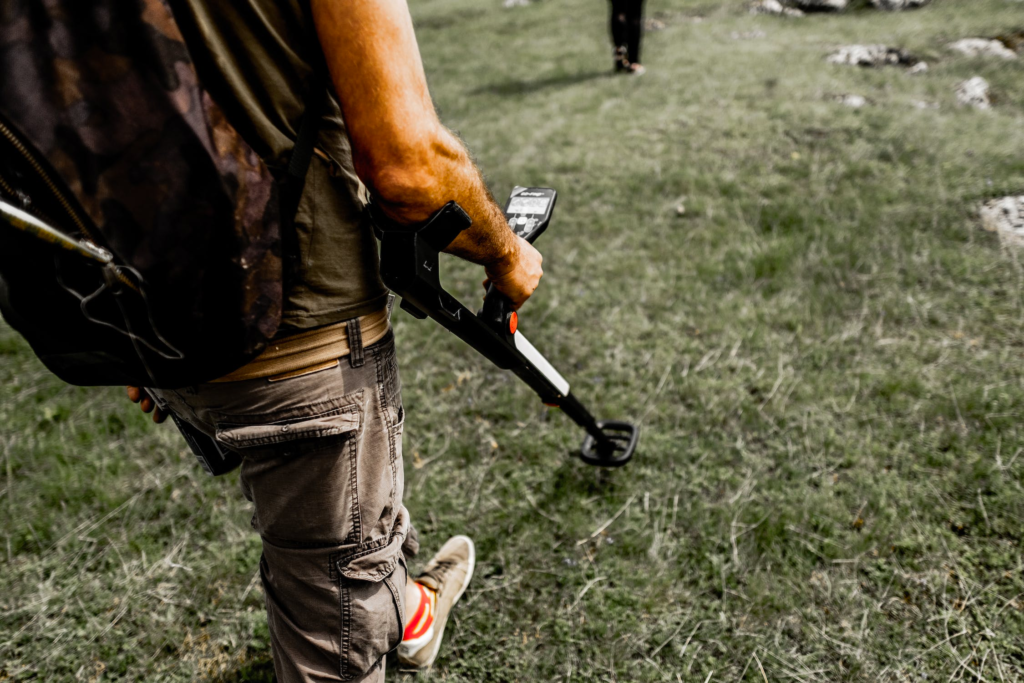
Metal detecting is a hobby that involves using a metal detector to find buried treasures, such as coins and artifacts.
For enthusiasts of history, treasure hunting, and the great outdoors, metal detecting can be an exciting and rewarding niche hobby that involves the use of a metal detector to uncover buried metal objects like artifacts, jewelry, and coins.
How to get started with Metal Detecting
Here are some steps you can take to begin your metal detecting journey:
- Research local laws and regulations regarding metal detecting
- Choose the right metal detector for your needs and budget
- Learn about the different types of signals and how to interpret them
- Be respectful of the environment and other metal detectorists
Some needed tools
Here is a list of tools you may want to consider purchasing to start your metal detecting adventure:
- Metal detector: A device that uses electromagnetic signals to detect metal objects.
- Pinpointer: A tool that helps you locate the exact location of a metal object.
- Digging tool: A tool that helps you dig up the metal object without damaging it.
10. Glassblowing – For Fascinating Pieces

Glassblowing is a hobby that involves shaping molten glass into various objects, such as vases and bowls.
It also requires a combination of artistry, skill, and patience, and can produce beautiful and functional objects like vases, bowls, and ornaments.
With dedication and practice, glassblowing can be a challenging but incredibly rewarding hobby that allows you to create stunning and unique works of art.
How to get started with Glassblowing
To initiate your glassblowing experience, you can follow these steps:
- Take a class or workshop to learn from an expert.
- Invest in quality equipment, such as a kiln and blowpipe.
- Learn about the different types of glass and their properties.
- Practice basic techniques, such as gathering and blowing.
Some needed tools
To begin your glassblowing adventure, you may want to consider purchasing the following tools:
- Kiln: A device that heats the glass to a molten state.
- Blowpipe: A tool that is used to blow air into the molten glass to shape it.
- Punti: A tool that is used to hold the glass while it is being shaped.
Final thoughts
In conclusion, trying out a new hobby can be a great way to learn new skills, meet new people, and discover new passions.
Whether you choose to try one of the hobbies on this list or something else entirely, I encourage you to take the leap and try something new. Who knows, you might just discover your next favorite hobby!
Also read: Best Hobbies For Introverts With Anxiety
